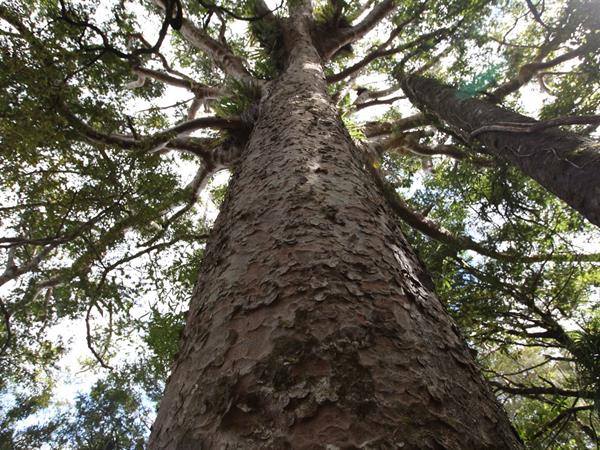Tests on the kauri tree in Chelsea Estate Heritage Park that was suspected of having kauri dieback disease have shown that it does not.
However, it does have another less harmful disease called Phytophthora cinnamomi.
The track will remain closed until the Kaipatiki Local Board has agreed on a wider strategy to prevent kauri disease.
More information:
http://ourauckland.aucklandcouncil.govt.nz/articles/news/2018/6/north-shore-tree-tests-free-of-kauri-dieback/
Kaipātiki Local Board Chair John Gillon says a negative result for kauri dieback is pleasing. But he says careful management of kauri forest is a priority for the board.
“While it is good to hear that this tree hasn’t shown evidence of kauri dieback, it is a real concern for us to hear that phytopthora cinnamomi is present.
“This reinforces the vulnerability of our kauri trees and heightens the need to have a good management plan in place. We’ll be working with our parks and biosecurity experts to protect our Kaipātiki kauri as a matter of priority.
“In the meantime, we hope locals will continue to respect the closure in place in Chelsea Estate Heritage Park and, if they’re visiting kauri forest anywhere in the region, follow all hygiene measures in place so that the disease doesn’t get brought back to our local parks,” says Gillon.
